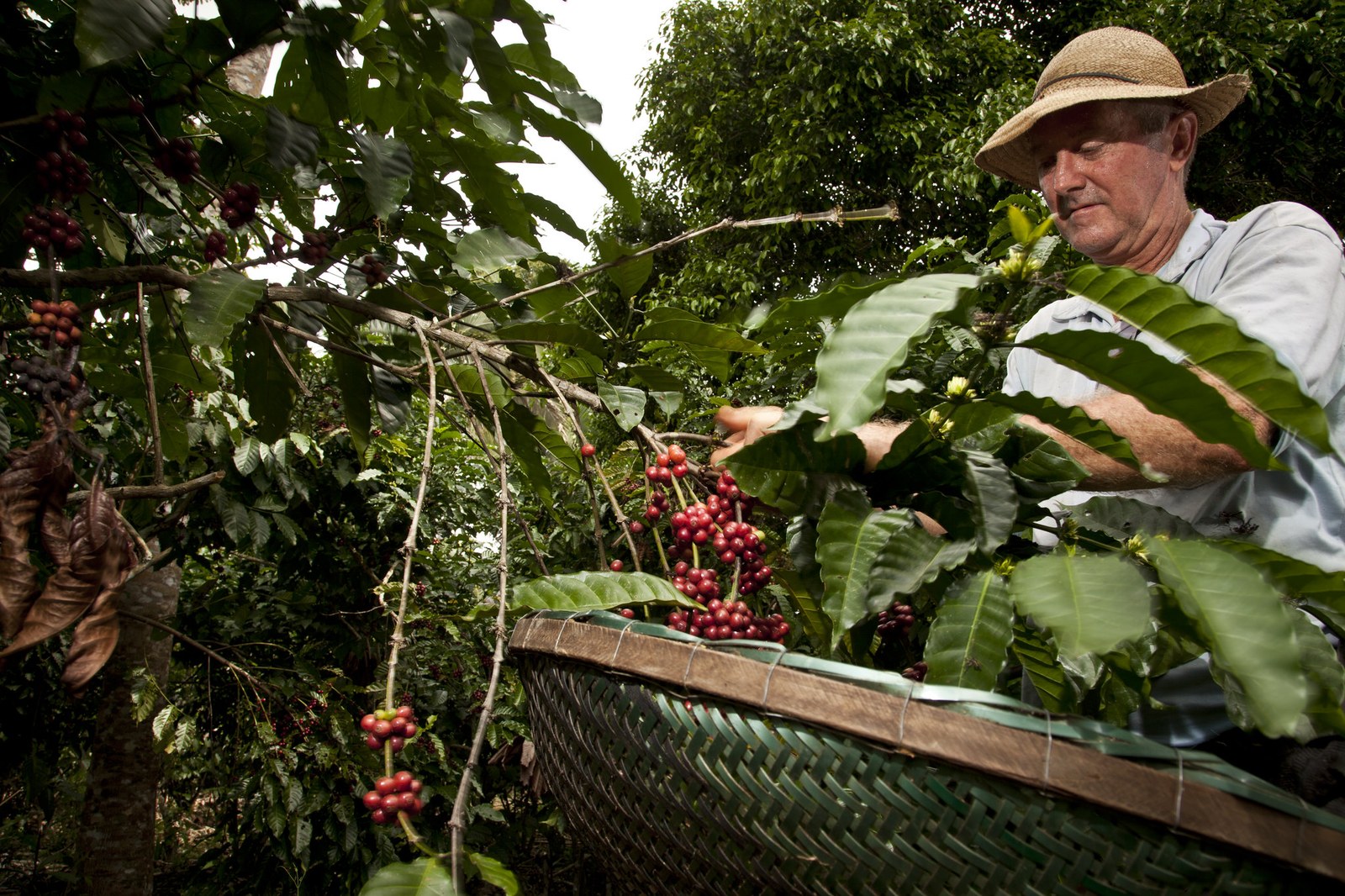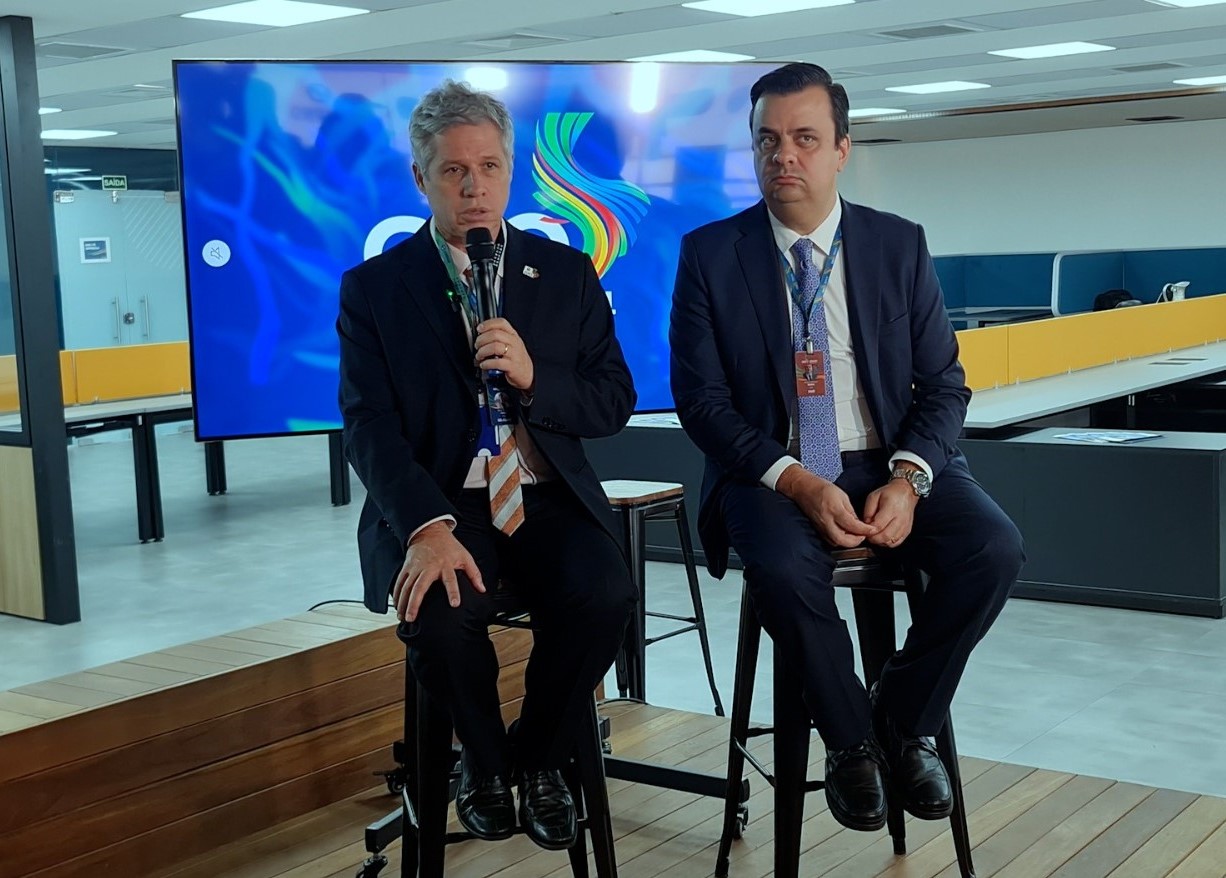"Our main objective is to collaborate with the Global Alliance Against Hunger and Poverty," says Minister Paulo Teixeira
The Agriculture Working Group met to discuss public policies to combat hunger on Monday (29) at the G20 headquarters in Brasilia. According to the Minister of Agrarian Development and Family Farming (MDA), Paulo Teixeira, the members discussed healthy, quality food and how agriculture can help tackle the climate crisis.

Around 800 million people in the world are food insecure. What can be done to change this figure? With answers in mind, the Agriculture Working Group met with the aim of proposing public policies to combat hunger on Monday (29), at the G20 headquarters in Brasilia. According to Brazil's Minister of Agrarian Development and Family Farming (MDA), Paulo Teixeira, the debate revolved around healthy, quality food and how agriculture can help tackle the climate crisis. The meeting was attended by 30 countries: 21 G20 members and guest countries, as well as international organizations.
Three topics were discussed: the Global Alliance Against Hunger and Poverty, policies to reverse the climate crisis and promote environmental recovery, and reform in the governance of multilateral institutions. The working group coordinators shared Brazilian public policies that can be replicated in other countries, such as the National School Meal Programme, and programmes related to credit, mechanization in the countryside, strengthening family farming and food procurement, among others.
"Brasil is an important agricultural country in the world, a major exporter of grains such as soy and corn, and of animal proteins. The challenge is to contribute to adequate food for all. That's why our main objective is to collaborate with the Global Alliance Against Hunger and to overcome poverty in rural areas. Therefore, the public policies presented today aim to accelerate production and provide access to food in Brasil and around the world," said the minister.

"Brasil is an important agricultural country in the world, a major exporter of grains such as soy and corn, and of animal proteins. The challenge is to contribute to adequate food for all. That's why our main objective is to collaborate with the Global Alliance Against Hunger and to overcome poverty in rural areas. Therefore, the public policies presented today aim to accelerate production and provide access to food in Brasil and around the world," said the minister.
Paulo Teixeira also highlighted the role of family farmers in the fight against hunger, poverty and climate change, central themes of Brasil's presidency of the G20. In his view, family farming is decisive for food production and sustainable agri-food systems, more focused on ecological production and care for the environment.
According to Roberto Perosa, Secretary for Trade and International Relations at the Ministry of Agriculture and Livestock (MAPA), it is also crucial to think about the marketing of products. He explained that the MAPA has been working to foster opportunities and seek out new markets for the products of small, medium and large Brazilian producers in partnership with the Brazilian Trade and Investment Promotion Agency (ApexBrasil).
"We are visiting various countries with the intention of opening up new markets for both commodities and the products of small farmers. We want the products to reach the most diverse locations and thus promote fair trade, and to give small producers access to the international market," said Roberto Perosa.
On-site visit
On Tuesday (30), the members of the WG will visit the warehouses of the National Supply Company (Conab), family farmers' establishments and dairy cooperatives to see, in practice, the impact of Brazilian public policies on the sector.
The next meeting is scheduled for June 11 and 12 in Brasilia. Before that, there will be a meeting of scientists organized by the Brazilian Agricultural Research Corporation (Embrapa), from May 15 to 17, also in the federal capital.